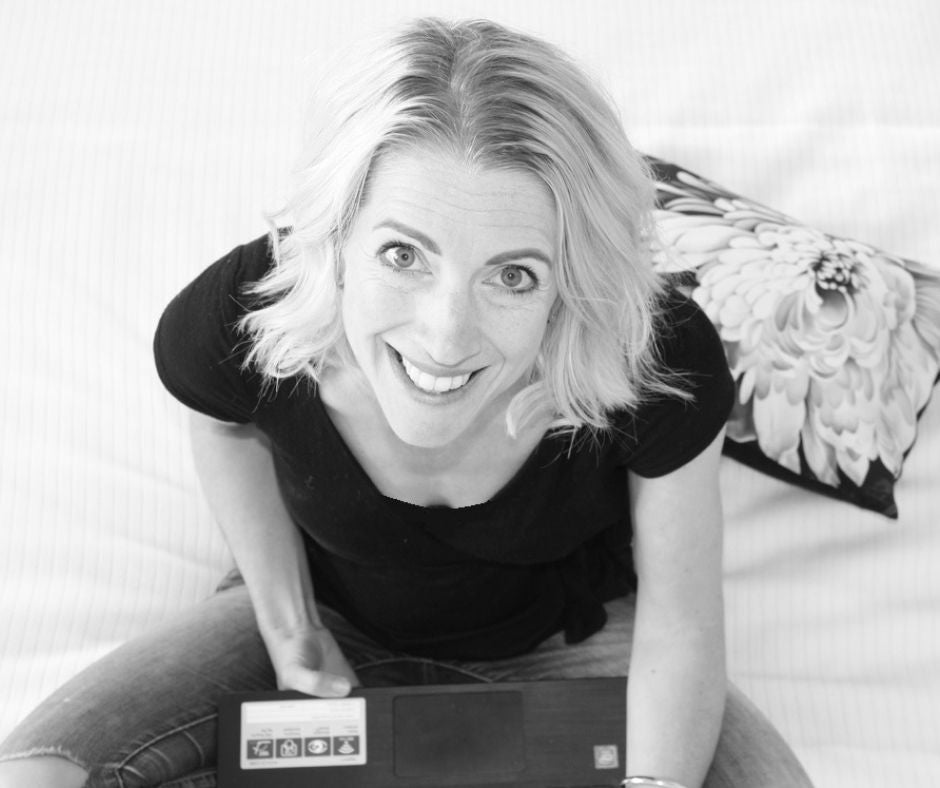Meet Juliet Dale, our guest blogger for the month. Juliet is a regular kiwi who is insanely passionate about reducing the amount of waste we are sending to landfill. In the past year and a half, by making one simple change at a time, her family has reduced their waste by 90%, and they're still going! Now, she loves encouraging and educating individuals and workplaces to have a go. Not pushy, not preachy, not judgey. She is all about progress, not perfection. In this blog she will be sharing her tips on how to be an eco-friendly parent.
LET's GET STARTED
Some would say that the only true way to ‘eco-friendly parent’ is to not parent at all, as in, to not have kids.
Well, I’ve already failed that on three counts, and I wouldn’t have it any other way! But for me, there is another way to eco-friendly parent; my aim is to raise three beautiful humans who contribute positively to society, who are kind to others, kind to themselves, and kind to the planet. So here are the three ways that I’m going about it…
KEEPING IT SIMPLE
Wherever possible, I like to keep things simple. Kids don’t need stuff. They need love. They need time. They need interaction. They need physical exercise. They need to feel valued and safe.
Of course though, there will always be some stuff. To avoid buying new, I love shopping second-hand first, and have instilled in my children the love of a good old op-shop rummage. When it comes to stuff, I am also a strong believer in quality over quantity. For birthdays and Christmases we tend to follow the ‘something they want, something they need, something to wear and something to read’.
When we do need to buy things new, as much as possible we look for natural materials or ingredients, ethically and sustainably produced products, and we love to support local. Yes, these things tend to come with a heftier price tag, but because we purchase so much less, we still save money in the long run.

Photo by Francesca Runza
KEEPING IT POSITIVE
Kids just wanna have fun. I never want mine to become resentful of the things we do for the sake of the environment.
When they go to a birthday party and get given a balloon, I smile and say ‘how lucky are you!’, because they are. When they get given something plastic I say ‘wow – make sure you say a big thank you!’, because how cool is it that people love them and want to treat them. When they bring home creations from kindy or school which are covered in plastic jewels, sellotape and hot glue, I say ‘that’s beautiful’, because it is (to me anyway).
I don’t want to be a fun-sponge or to isolate them from others in any way. They’re my kids and first and foremost, I want them to be happy.
BUT when they ask me if we can buy some balloons, I explain to them why I don’t like balloons, and then we come up with some cool alternatives, like reusable lanterns, homemade pompoms or making origami ones. When they want to buy a plastic gift for someone else we talk about how good a quality it is (or isn’t!) and how long it will remain on our planet long after it has been played with for the last time. We think of some more sustainable options, or even things we could make ourselves, like slime, lego travel tins or brownie recipe in a jar. And when we are getting creative at home, we use what we have, and find natural resources to create our masterpieces. Lately we’ve been working on a huge cardboard box camper van, and when it’s finished we plan to camp in it overnight in the lounge.
KEEPING IT REAL
Children learn what they live.
When they see you picking up rubbish on the beach, that becomes normal to them. When something breaks or rips, and you talk about repairing it rather than replacing it, that becomes their first response too. When you come up for new uses for things that would otherwise be single use, you teach them to do the same. When you show them that you value quality, natural products, so do they.
Lead by example. Show them that it doesn’t need to be all about consuming and throwing away.
But also let them know that no one’s perfect, that it’s ok to mess up sometimes and that every journey forwards includes some steps backwards.
So there you have it. I may be contributing to planet overpopulation, but I like to think that my children are going to be part of the generation that turn things around. And rather than leave it all to them, I’m getting started too!
You can find out more about Juliet and her initiatives at www.thegreatecojourney.co.nz
Last, but not the least, if you love it, share it!

